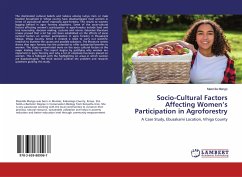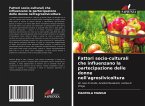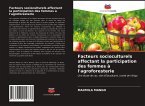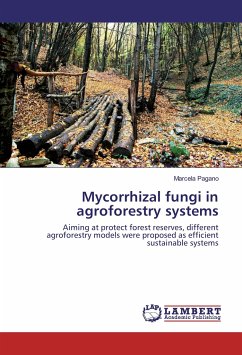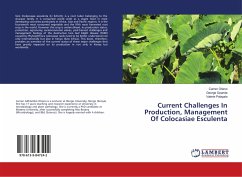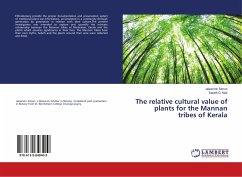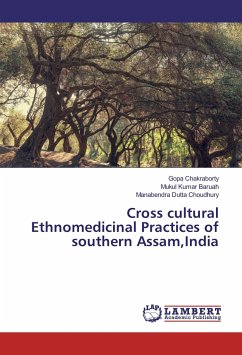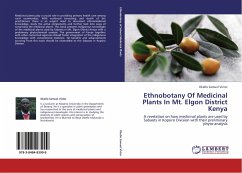The dominated cultural beliefs and taboos among Luhya men or male headed household in Vihiga county have disadvantaged most women in terms of agricultural sector especially agro-forestry. This results to women lagging behind in agro forestry adoptions. Some of the socio-cultural factors affecting women's participation in agro-forestry include land and tree tenureship, decision making, customs and norms. Extensive literature review proved that a lot has not been established on the effects of socio cultural factors on women participation in agro forestry in Ebusakami Village, Vihiga County, hence it created a need to carry out scientific research to examine the causes and possible solutions. The literature review shows that agro forestry has the potential to offer substantial benefits to women. The study concentrated more on the socio cultural factors as the major limiting factor. The report begins by justifying why women are important in agro forestry and why a lot of emphasis hasbeen placed on women. This is followed with the highlighting on areas in which women are disadvantaged. The third section outlines the problem and research questions guiding this study.
Bitte wählen Sie Ihr Anliegen aus.
Rechnungen
Retourenschein anfordern
Bestellstatus
Storno

